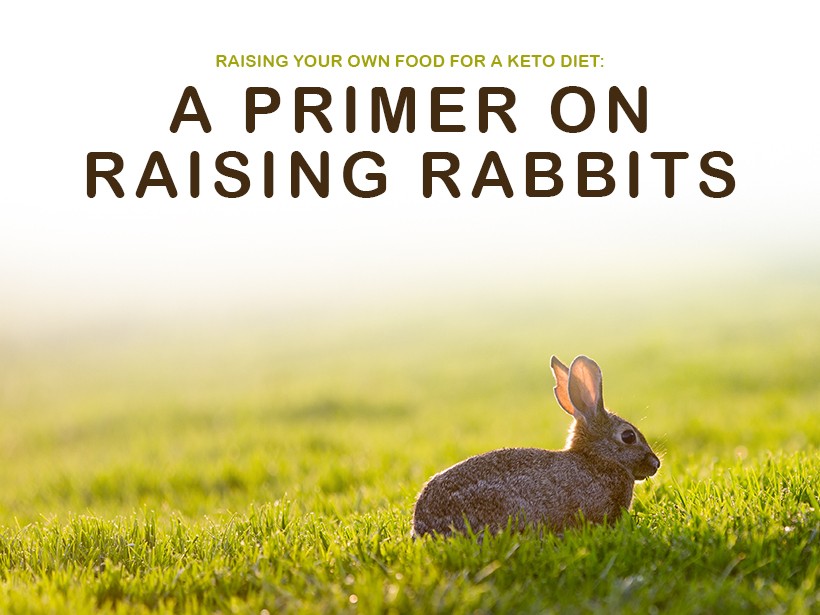Our weekly visit to the supermarket is usually characterized by an “ignorance is bliss” mindset. Most of us have little to no idea where the food that we eventually put on our tables actually comes from, and we probably prefer not to know. Due to the combination of the industrialization of agriculture, the decrease in farmer population, and increased market pressure on those who do make farming their primary occupation, efficiency and productivity have replaced husbandry and care as the main standards for raising the food we eat.
In the case of the meat, egg, and dairy industries, concentrated animal feeding operations (CAFOs) have become the industry standard. These factory farms raise over 90 percent of all of the meat that we eat, and rely heavily on agro-chemical inputs to keep animals healthy while also increasing the rate of production. Close to 30 million pounds of antibiotics are used on livestock raised in factory farms each year along with hormones, pesticides, and other chemical inputs that can lead to potential human health effects. In the specific case of chickens, poultry raised on factory farms are some of the most genetically manipulated animals on the planet as they are programmed to grow 65 times faster than their normal growth rates.
One of the best ways to avoid the potentially dangerous health effects that come with relying on factory farms is to raise your own food. While the backyard vegetable garden and the front yard fruit tree have long been a part of American yards, raising animals for food has largely been lost as we have become an increasingly urbanized and “suburbanized” species. For people on the keto diet, raising your own backyard animals offers an opportunity to obtain large quantities of healthy meat for a reduced price and with the added benefit of knowing that your meat products will be free from hormones, pesticides, antibiotics, and other agro-chemical inputs.
Raise Your Own Rabbits
When most people think of raising small animals, the first thought that comes to mind is raising chickens. Unfortunately, many cities and towns have ordinances that prohibit raising backyard chickens, mostly due to concerns about roosters waking up the neighborhood at 4 am. While there are efforts to change these ordinances, raising rabbits can be just as easy and more productive without having to worry about upsetting a sleepy neighbor.
There are several benefits to raising rabbits. First, rabbits can grow to butcher weight in 12 weeks, which is similar to chickens and much quicker than other large livestock. Furthermore, the upfront investment to get started raising rabbits is much lower than other animals. During the spring, summer, and fall, you should be able to feed your rabbits with little more than weeds from around your home and leftovers from your kitchen. During the wintertime, several rabbit feeds are commercially available.
While rabbits that are raised on the ground will dig and burrow, a simple solution to this innate (and potentially disruptive) behavior of rabbits is to keep them in suspended enclosures during long periods of the day. By designing these raised coops with thick wire mesh on the bottoms, you can avoid accumulation of feces and urine in the cage itself.
Furthermore, rabbits reproduce incredibly fast. The gestation period of female rabbits is around 28 days, and they can get pregnant again immediately after giving birth to between six and nine baby rabbits. When well managed, two female rabbits could thus produce anywhere between 75 and 150 rabbits that achieve butcher weight each year. If you want more production, you can keep a few females to increase your flock.
Considering that rabbits butchered at 12 weeks have a weight between 4 and 5 pounds (2-3 pounds dressed weight), keeping a few rabbits in suspended cages behind your home or in your garage might be able to give you around 450 pounds of meat per year.
NUTRITIONAL DISCLAIMER
The content on this website should not be taken as medical advice and you should ALWAYS consult with your doctor before starting any diet or exercise program. We provide nutritional data for our recipes as a courtesy to our readers. We use Total Keto Diet app software to calculate the nutrition and we remove fiber and sugar alcohols, like erythritol, from the total carbohydrate count to get to the net carb count, as they do not affect your blood glucose levels. You should independently calculate nutritional information on your own and not rely on our data. The website or content herein is not intended to cure, prevent, diagnose or treat any disease. This website shall not be liable for adverse reactions or any other outcome resulting from the use of recipes or recommendations on the Website or actions you take as a result. Any action you take is strictly at your own risk.
- Benefits of Eating Rabbit Meat - August 20, 2018
- Raising Your Own Food for a Keto Diet: A Primer on Raising Rabbits - August 15, 2018
- Some Possible Health Effects of Meat Raised on Industrial Farms - June 25, 2018




